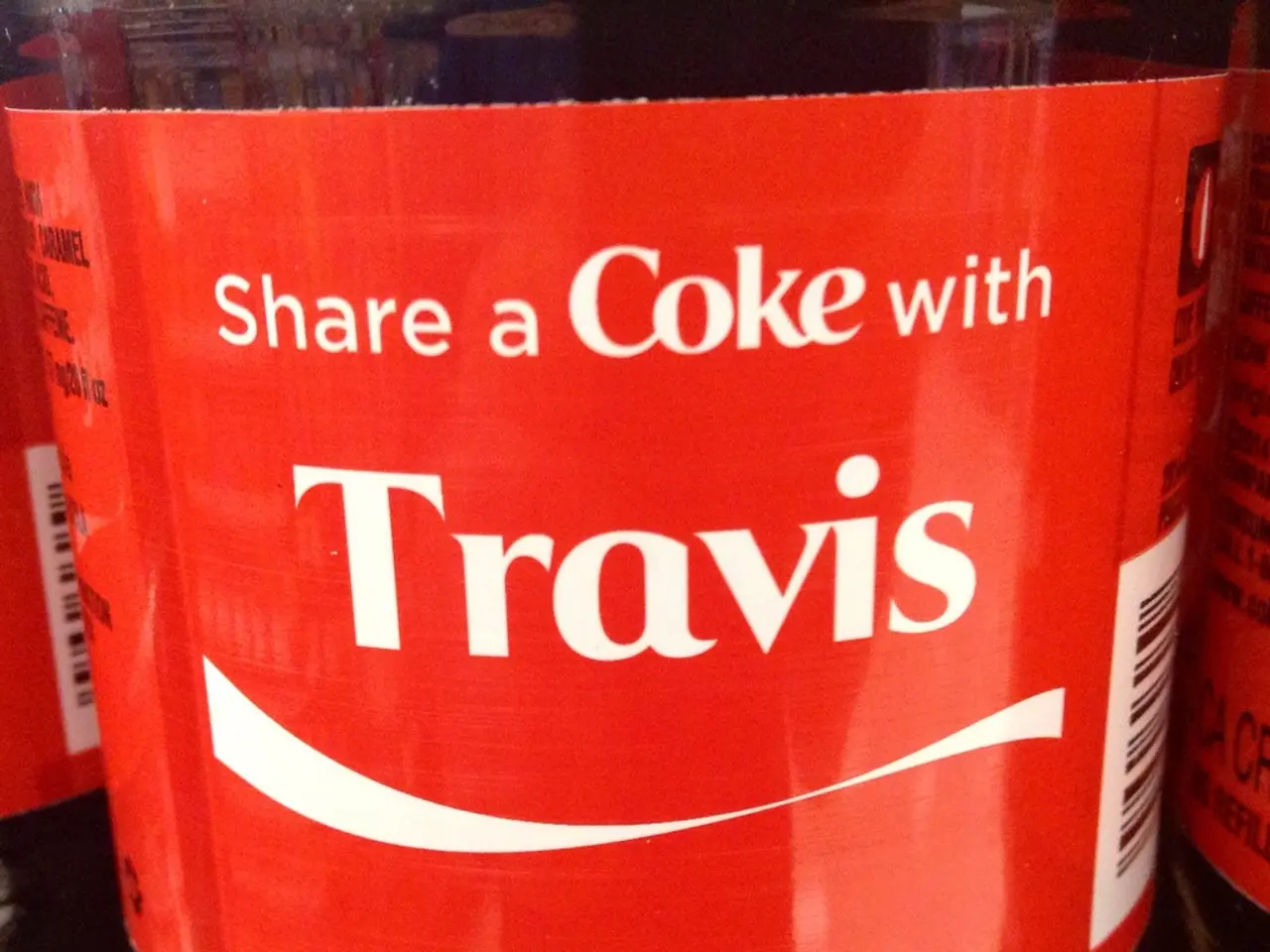Unveiling the potential penal consequences of photo-sharing
In the digital age, the urge to participate in private manhunts, whether organizing, sharing tips, or crowdsourcing sightings, can be strong. However, it's crucial to understand the potential legal and practical risks involved.
Private manhunts can lead to criminal charges for vigilantism or unlawful detention, obstruction of justice, interference with police operations, harassment, stalking, doxxing, defamation liability, and civil liability for harm or damages.
Criminal charges might include assault, battery, false imprisonment, kidnapping, or other violent-crime charges when a private person uses force or restrains another outside lawful citizen’s-arrest rules. Publicly sharing unvetted tips, coordinating searches in active operations, or directing volunteers into a law enforcement perimeter can impede an investigation and may support obstruction or interfering-with-official-duties charges.
Posting identifying information, alleged locations, or accusations about a person on social media or in group chats can constitute harassment, stalking, doxxing, or civilly actionable defamation if the information is false or recklessly published. If private participants cause injury, property damage, or produce false accusations that lead to loss (for the suspect or bystanders), they can face civil suits for personal injury, intentional infliction of emotional distress, or invasion of privacy.
Some jurisdictions permit limited citizen’s arrests but impose strict conditions. Violating those conditions can convert a proactive citizen action into an unlawful arrest or assault. Wrongly identifying and confronting an innocent person can trigger criminal charges and significant civil liability.
To avoid these risks, it's recommended to contact law enforcement promptly and use official reporting channels. Provide clear, factual, timestamped information and keep records of what you reported. Do not share unverified allegations, photos, or identifying details on public social media or widely in private group chats. Preserve evidence but hand it to investigators rather than distributing it broadly. Follow law enforcement instructions and if you believe an immediate threat exists, call emergency services.
Public crowdsourced manhunts can misidentify innocents, escalate violence, and compromise tactical law enforcement responses. Law enforcement agencies are the proper channel to coordinate search, arrest, evidence collection, and chain-of-custody. Giving information through official channels helps prevent contamination of evidence and reduces risk to bystanders. Platforms and prosecutors may use your public posts and messages as evidence if an illegal act occurs, so limiting public dissemination and preserving original material for investigators protects both public safety and your legal position.
In conclusion, it's essential to remember that only the police can determine if a crime has been committed and if a public manhunt is necessary. Participating in private manhunts can have serious legal and practical consequences, so always contact the police directly and use official channels for reporting suspicious activities.
Engaging in private manhunts on social media can lead to charges related to vigilantism, obstructing justice, or interfering with police operations, as well as harassment, stalking, doxxing, defamation, and civil liability for harm or damages. Sharing unverified allegations, photos, or identifying details on social media can constitute harassment or defamation if the information is false or recklessly published.
When posting about crime-and-justice issues on social media, it's crucial to contact law enforcement promptly and use official reporting channels to ensure proper handling and reduce potential legal risks. General-news discussions and entertainment commentary should be kept separate from crime-related posts to avoid any confusion and maintain a safe online environment.






